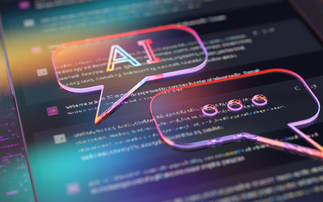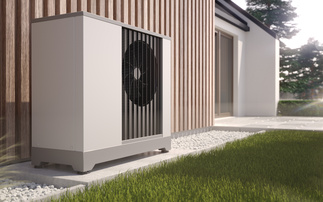Centrica's Louis Burford explores recent research revealing how those businesses embracing sustainable energy strategies are standing out from the crowd commercially
There's a virtuous circle surrounding businesses that are sustainable energy leaders. Not only are they green climate change champions, but they also tend to be more energy resilient, and commercially stronger than others.
Centrica's new energy resilience report, Future-proofing your company's energy needs, provides further evidence that sustainable businesses are better prepared for power supply interruption.
These energy leaders are also more ready to grow and innovate by securing the resilient energy supply and infrastructure that's necessary to digitalise and automate their businesses.
Integrating resilience through sustainability
Business survey research, conducted in conjunction with B2B International Ltd (UK) highlights a powerful link between energy resilience and sustainable practices; with these business' more likely to have integrated resilience into a long-term energy strategy. This provides the most effective protection from the risk of energy-related failure, but it's also an indicator of commercial success. Our research shows that businesses who make detailed energy resilience plans are 34 percentage points more likely to report stronger financial performance.
This finding echoes our 2017 research, which indicated that those businesses without an energy resilience strategy could be risking 17 per cent of their revenue due to damages and lost opportunities.
Our latest research findings show the link between sustainability, energy resilience and growth potential:
- 52 per cent of sustainable energy leaders say they are 'very well prepared' for power supply disruption (compared to 26 per cent of others).
- 87 per cent of energy leaders recognise that resilience to power interruption is vitally important to digitalising their businesses (compared to 63 per cent of others).
- 73 per cent of energy leaders are more likely than others (63 per cent) to plan ahead for extra power capacity to enable digital transformation and growth.
The power of distributed energy
Innovative distributed energy technologies and services are helping global organisations to reduce reliance on traditional grid supplied energy and embed sustainability and resilience at the heart of business strategy.
For example, our experience shows that using solar and battery renewable hybrid systems can increase solar utilisation by an average 30-40 per cent, reducing emissions and energy costs, while providing a fast response, uninterruptable back-up power supply.
While Internet of Things (IoT) energy insight technology can pinpoint hidden inefficiencies at device level, helping organisations identify significant cost and carbon saving opportunities, but also highlighting opportunities to prevent outages from poorly maintained or ageing equipment.
We're deploying such distributed energy strategies to help decarbonise the entire Centrica group. We produce over 80 per cent less carbon than we did a decade ago and are committed to reducing internal emissions by a further 35 per cent in the 10 years through to 2025. These targets are part of our Responsible Business Ambitions, which include helping customers to reduce their emissions by 25 per cent by 2030.
As a market leader in the global energy industry, Centrica Business Solutions has the capability to support your end-to-end energy sustainability and resilience strategy.
For more details on distributed energy technologies, and to download our 'Future-proofing your company's energy needs' report, go to www.centricabusinesssolutions.com/resilience.
Louis Burford is head of solution sales and optimisation at Centrica Business Solutions.





